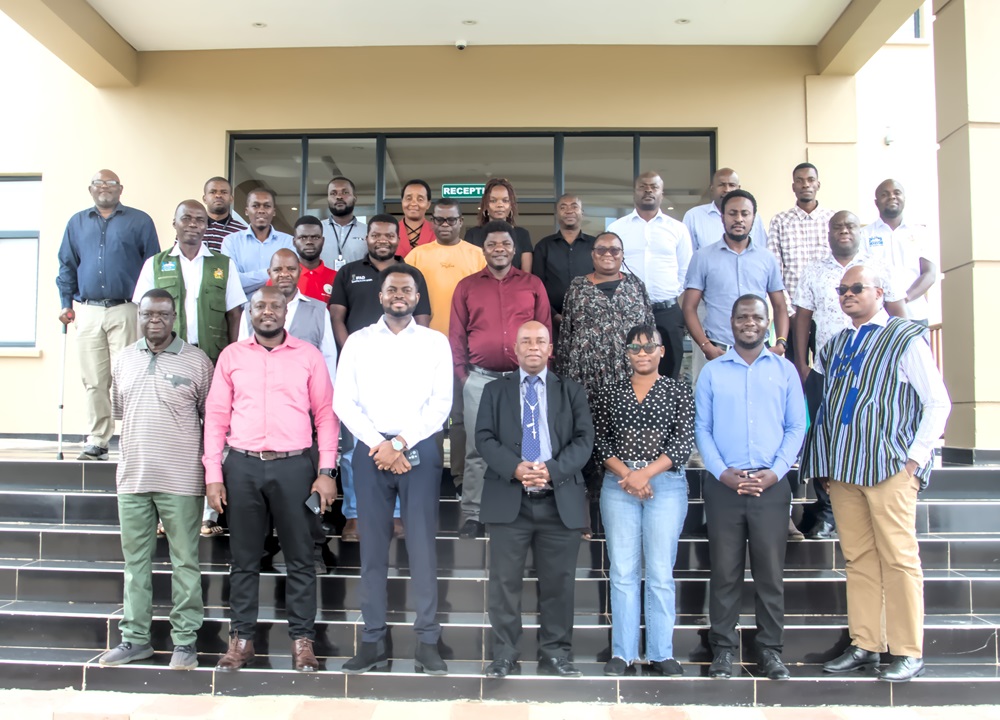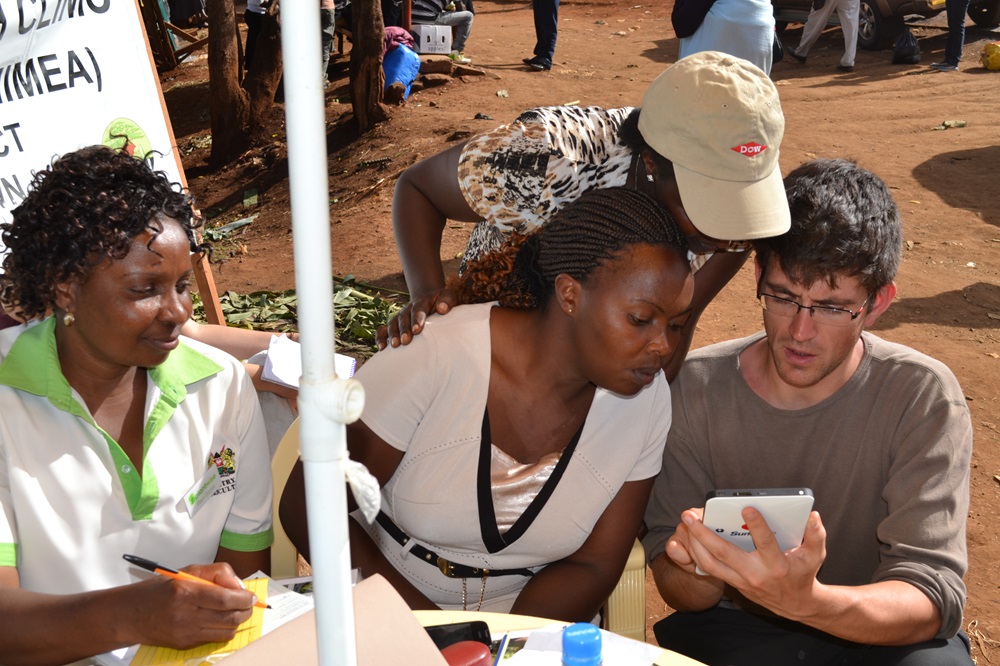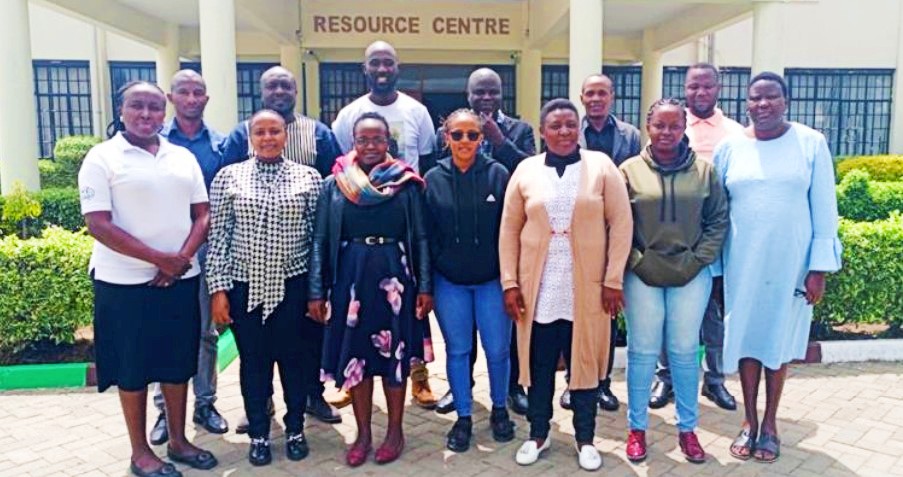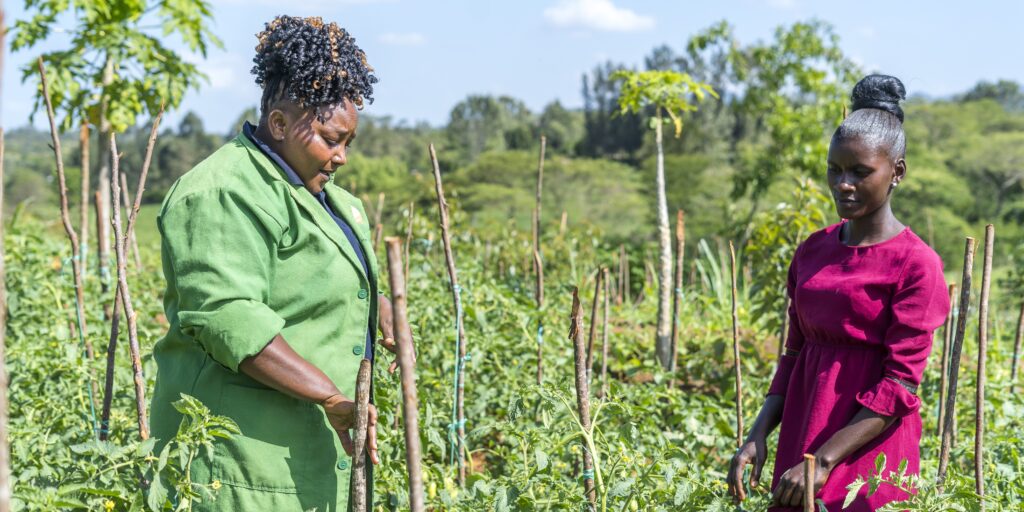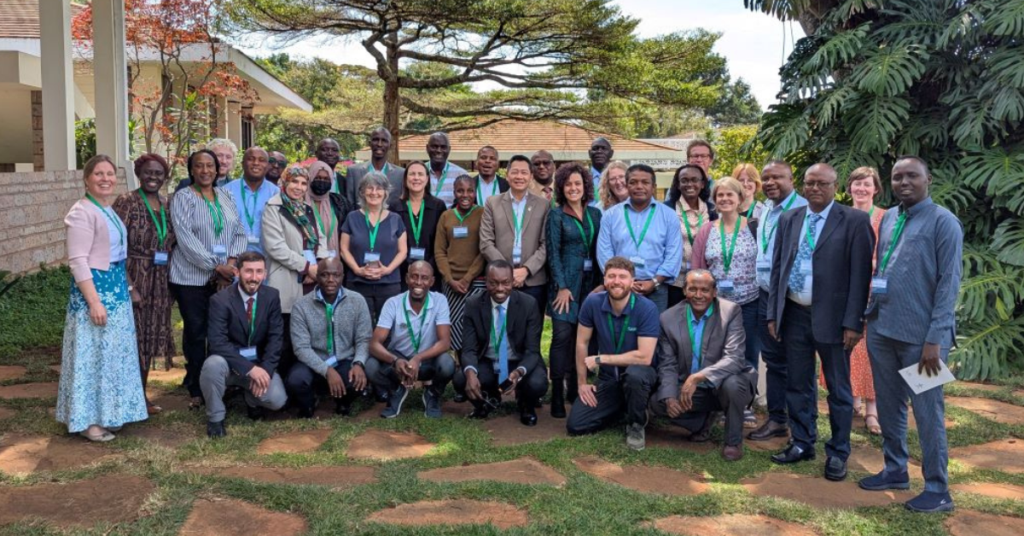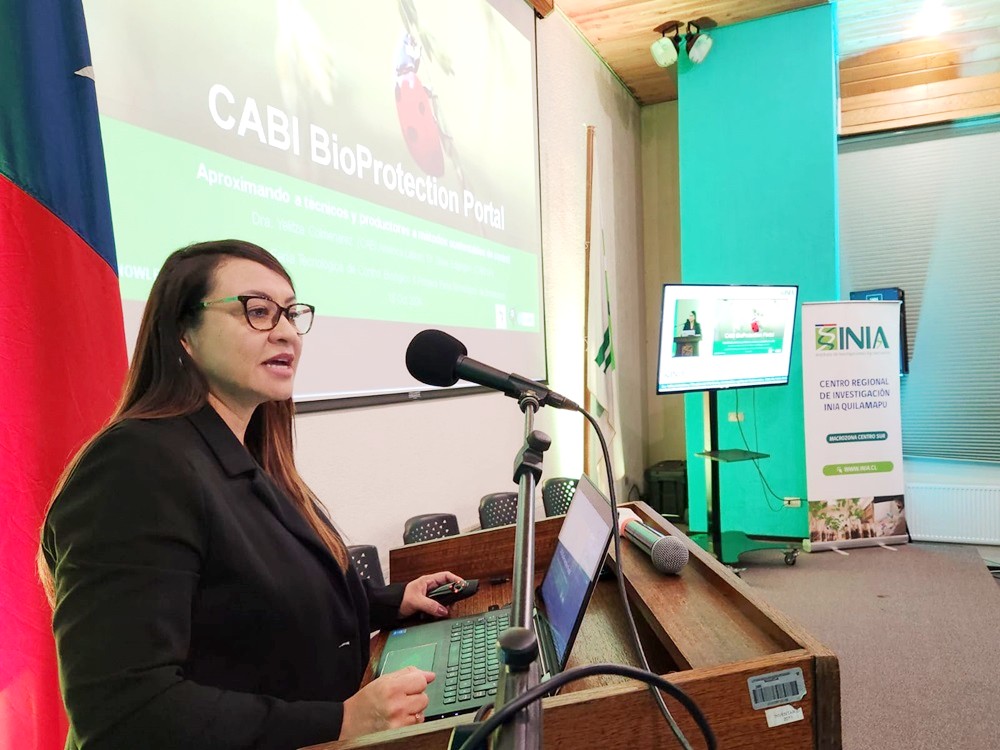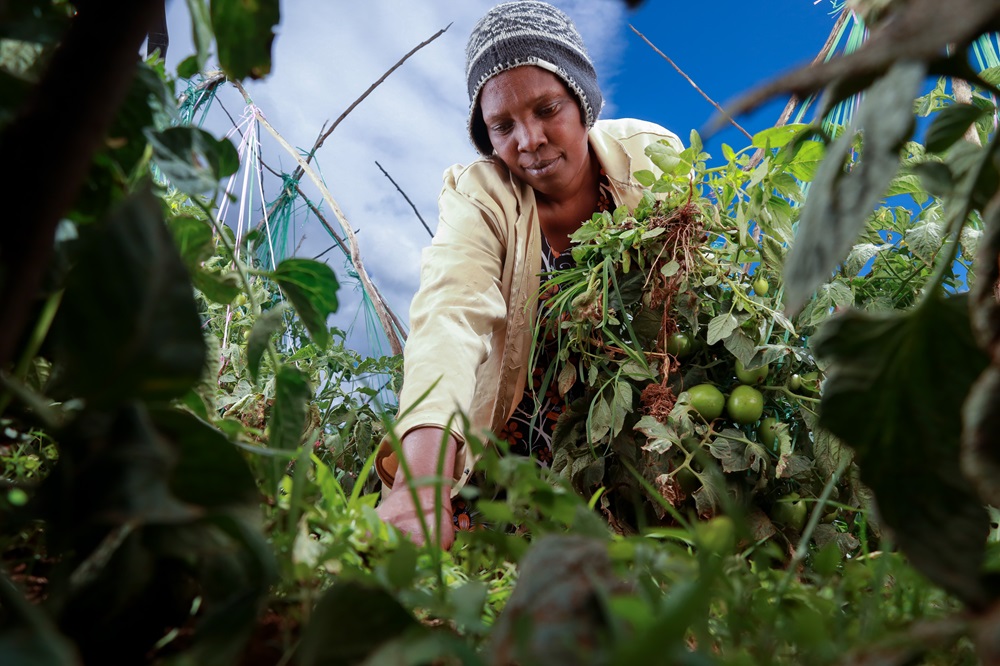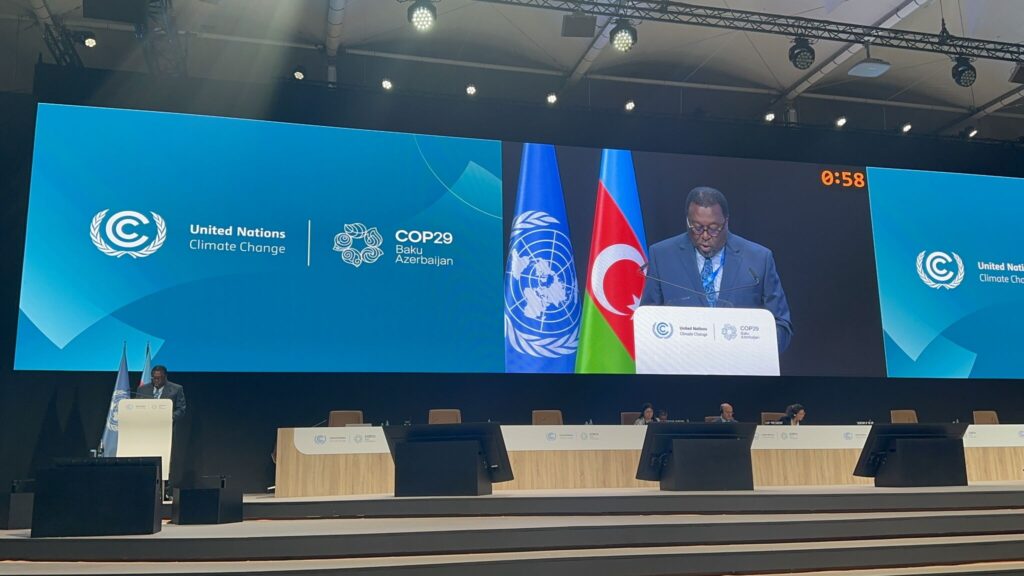CABI Blog
You are here: CABI Blog
Training workshop in Malawi shifts focus to effective data management practices as part of MaDiPHS project
May 16, 2025
Wayne Coles
No Comments
CABI has delivered a three-day refresher technical training workshop in Malawi aimed at encouraging greater effective data management practices as part of the Malawi Digital Plant Health Service (MaDiPHS) project. Henry Mibei, Manager, Digital Development, Africa, and Gideon Abegunrin, Data Policy Analyst, conducted the training for more than 30 people from 10 different organizations including the…
Lessons in AI Governance from the GAIA Project
May 14, 2025
Chipo Msengezi
1 comment
Generative AI is starting to reshape how agricultural advice is produced, shared, and used — but the shift comes with both opportunities and challenges. For smallholder farmers, agriculture advisory chatbots and AI-based diagnostic tools could offer faster, more localised, and scalable support. They are often adopted by farmers directly, whilst in the best cases they…
Training delivered on early warning system using Earth Observation data to help manage crop pest pests in Kenya
April 30, 2025
Wayne Coles
No Comments
CABI has teamed up with the Kenya Agricultural & Livestock Organization (KALRO) to deliver training aimed at helping smallholder maize, bean and tomato farmers understand important crop pest alerts derived from Earth Observation data. Experts in digital development from CABI’s Regional Centre for Africa in Nairobi, Kenya, held a two-day Pest Risk Information Service (PRISE)…
This Earth Day, how is CABI working to address climate change?
April 22, 2025
Rachel Winks
No Comments
Climate change severely impacts agriculture and the environment. It amplifies risks from extreme weather, such as droughts and floods. It accelerates the spread of crop pests and diseases, disrupting ecosystems that we rely on for food security. Moreover, climate change impacts the livelihoods of the smallholder men, women and youth farmers who grow much of…
Forging a new approach to agriculture research from a gender lens
April 16, 2025
Monique Tsang
No Comments
While working with women farmers across Africa for the past 17 years, Dr Lora Forsythe, lead of the Gender and Social Difference research group at the Natural Resources Institute, University of Greenwich in the United Kingdom, heard a common refrain “Many different women in diverse contexts told me they struggled with poor soil,” Dr Forsythe…
Identifying future One Health research needs to benefit people, animals, plants and environment
April 8, 2025
Monique Tsang
No Comments
Participants from more than 48 countries have gathered in a series of workshops to discuss future One Health research priorities to inform research that will benefit people, animals, plants and the environment. One Health is a multi-sectoral approach aimed to optimize the health of humans, livestock, plants, and the ecosystems they share. “The interdependencies between these…
Empowering sustainable agriculture: CABI BioProtection Portal highlighted at Chilean national Fair
April 4, 2025
Wayne Coles
No Comments
The CABI BioProtection Portal – the world’s largest free resource for biological plant protection – has been highlighted at the Second Technological Fair on Biological Control and the First Technological Fair on Bioinputs in Chile.
Strengthening the Soil Information System (SIS) in Kenya: A collaborative roadmap
March 24, 2025
Wayne Coles
No Comments
CABI, the Ministry of Agriculture and Livestock Development (MoALD) of Kenya, the Kenya Agricultural and Livestock Research Organization (KALRO), and ISRIC – World Soil Information, hosted a two-day workshop titled “Kenya Soil Information System (KenSIS) Roadmap Development Workshop” at the KALRO Headquarters in Loresho, Nairobi. The workshop aimed to bring together key stakeholders from the…
How can we empower women farmers to address climate change?
March 5, 2025
Sandra Phelps
No Comments
Climate change poses significant threats to the food security and livelihoods of women farmers writes Sandra Phelps, Gender Manager at CABI ahead of International Women’s Day on Saturday 8 March 2025. There are an estimated 215 million women smallholders globally. They account for nearly one-third of food production worldwide. Despite this critical role, women are…
Post COP: How do we work with world’s smallholder farmers to fight the challenges of climate change?
February 17, 2025
Dennis Rangi
No Comments
The impact of climate change is growing by the minute and urgent action is needed to put knowledge into the hands of the world’s smallholder farmers so they can improve their livelihoods and achieve sustainable food security despite this challenge, writes Dr Dennis Rangi, CABI’s Director General – Development.
Subscribe to blog
DISCLAIMER
Views expressed in contributions do not necessarily reflect official CABI positions.
Archives
Categories
- Agriculture and International Development
- Veterinary and Animal Sciences
- Climate change and biodiversity
- Publishing
- Value chains and trade
- Crop health
- Environmental Sciences
- Human Sciences
- Tourism, Hospitality and Leisure
- Food and nutrition security
- Plant Sciences
- Gender and youth
- Digital development
- Development communication and extension
- Economic development
- Invasive species
- CABI Bioservices
- One Health

